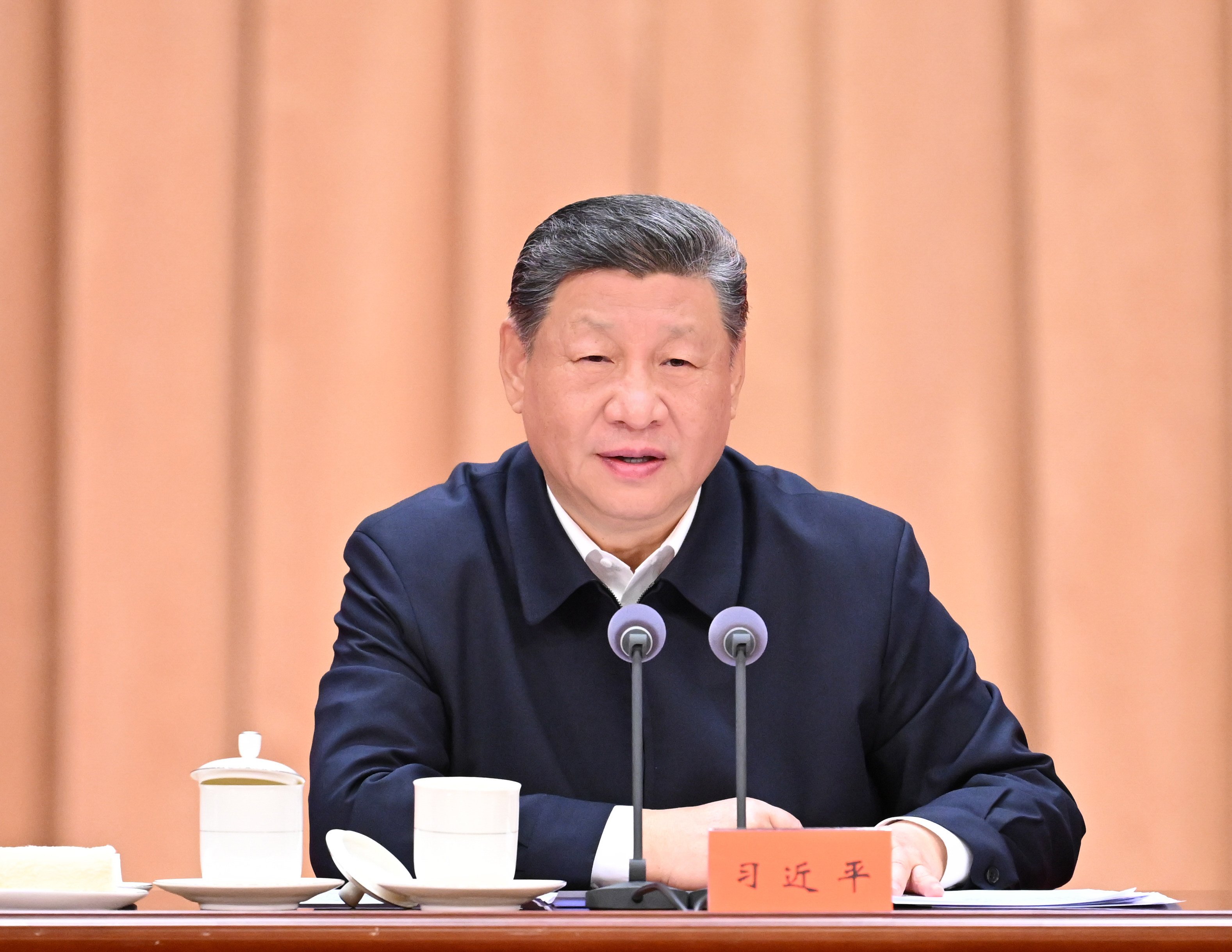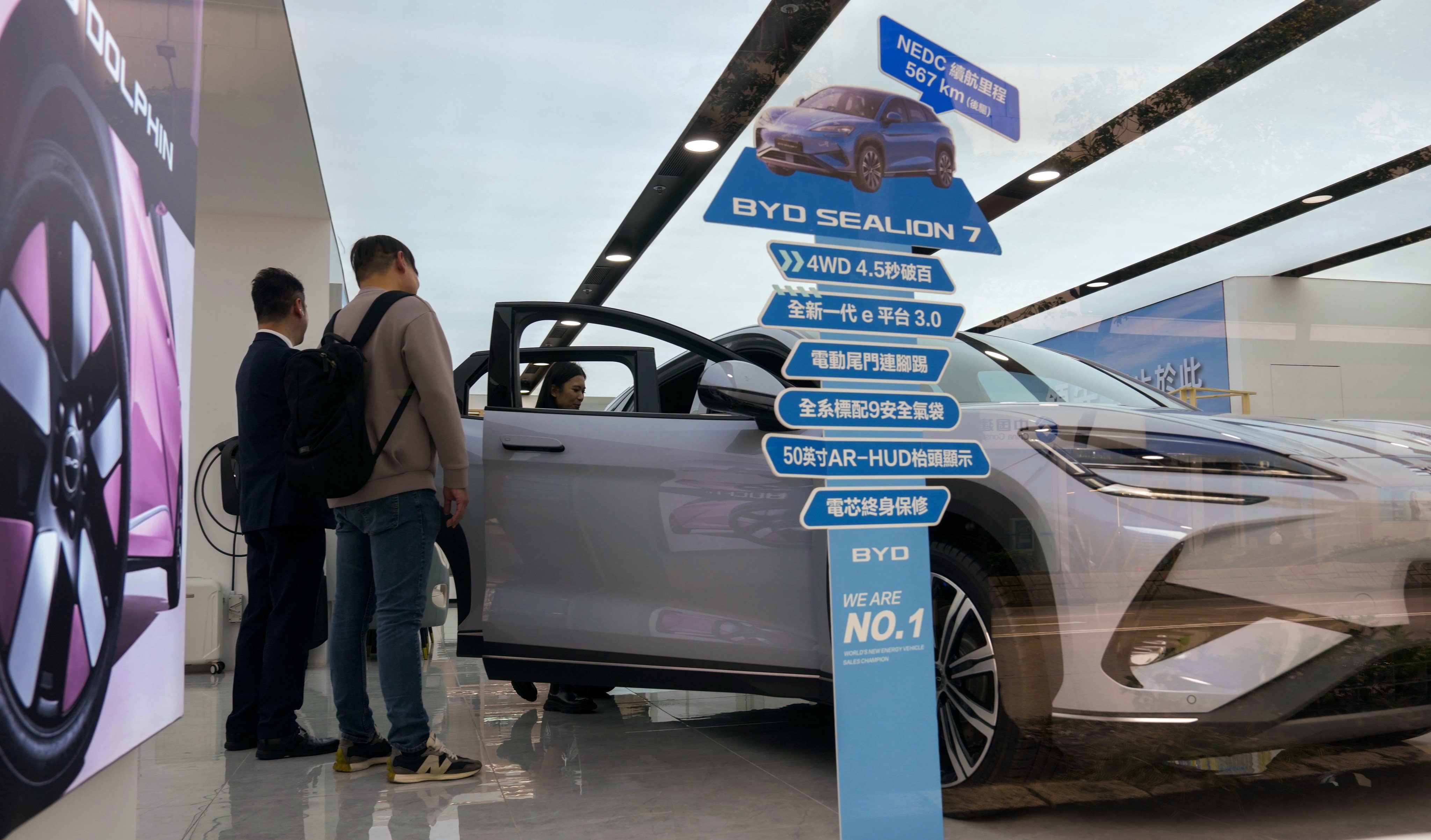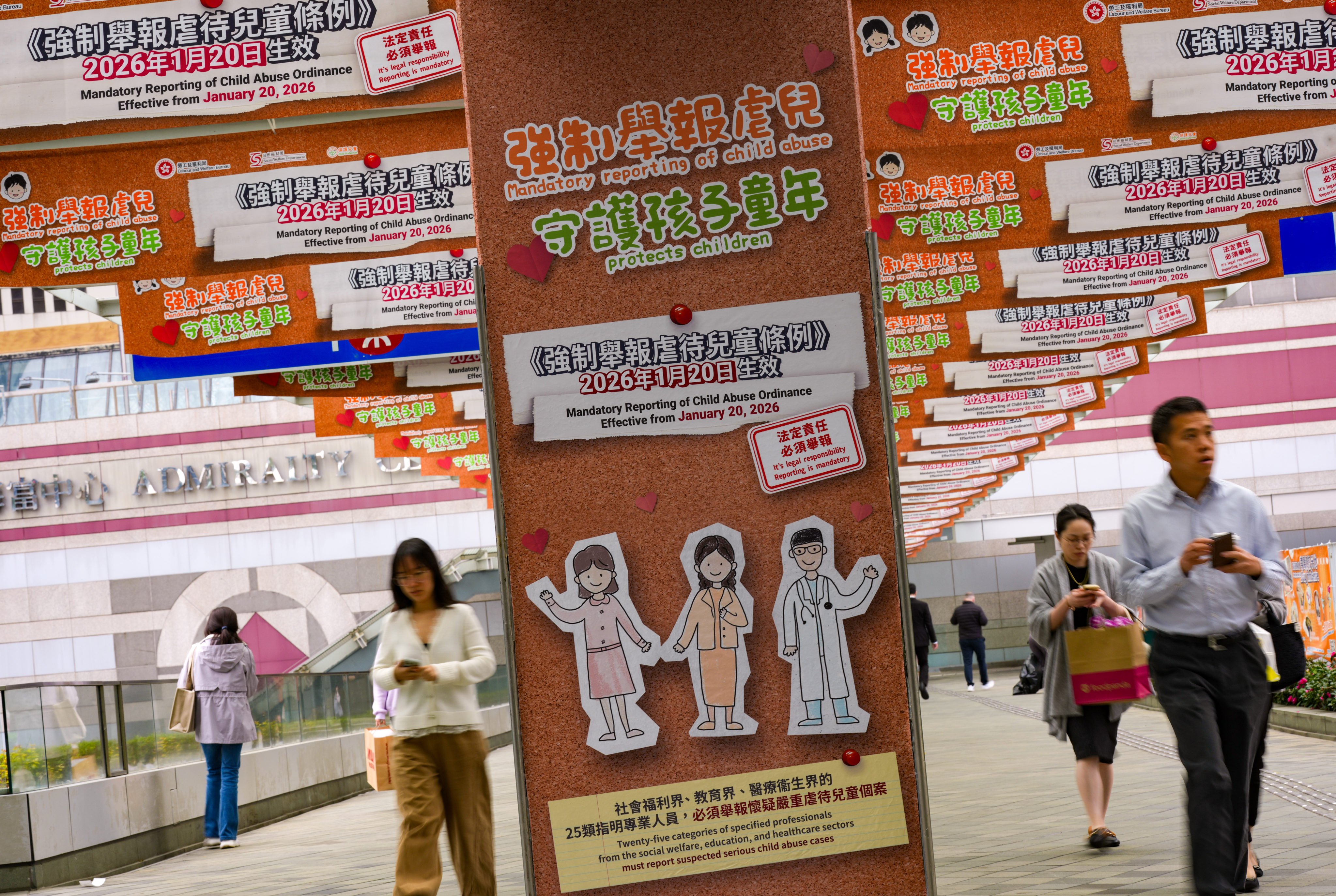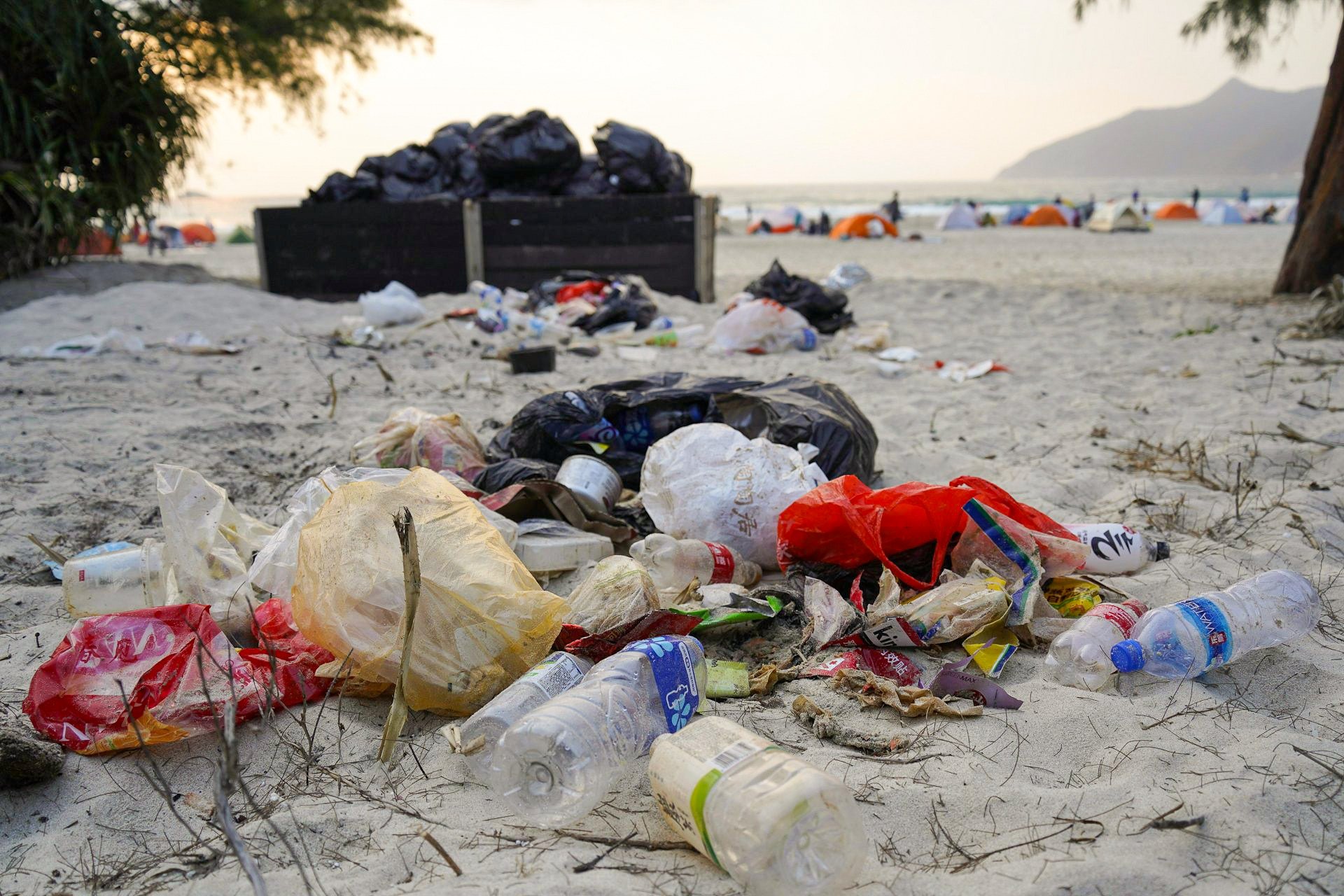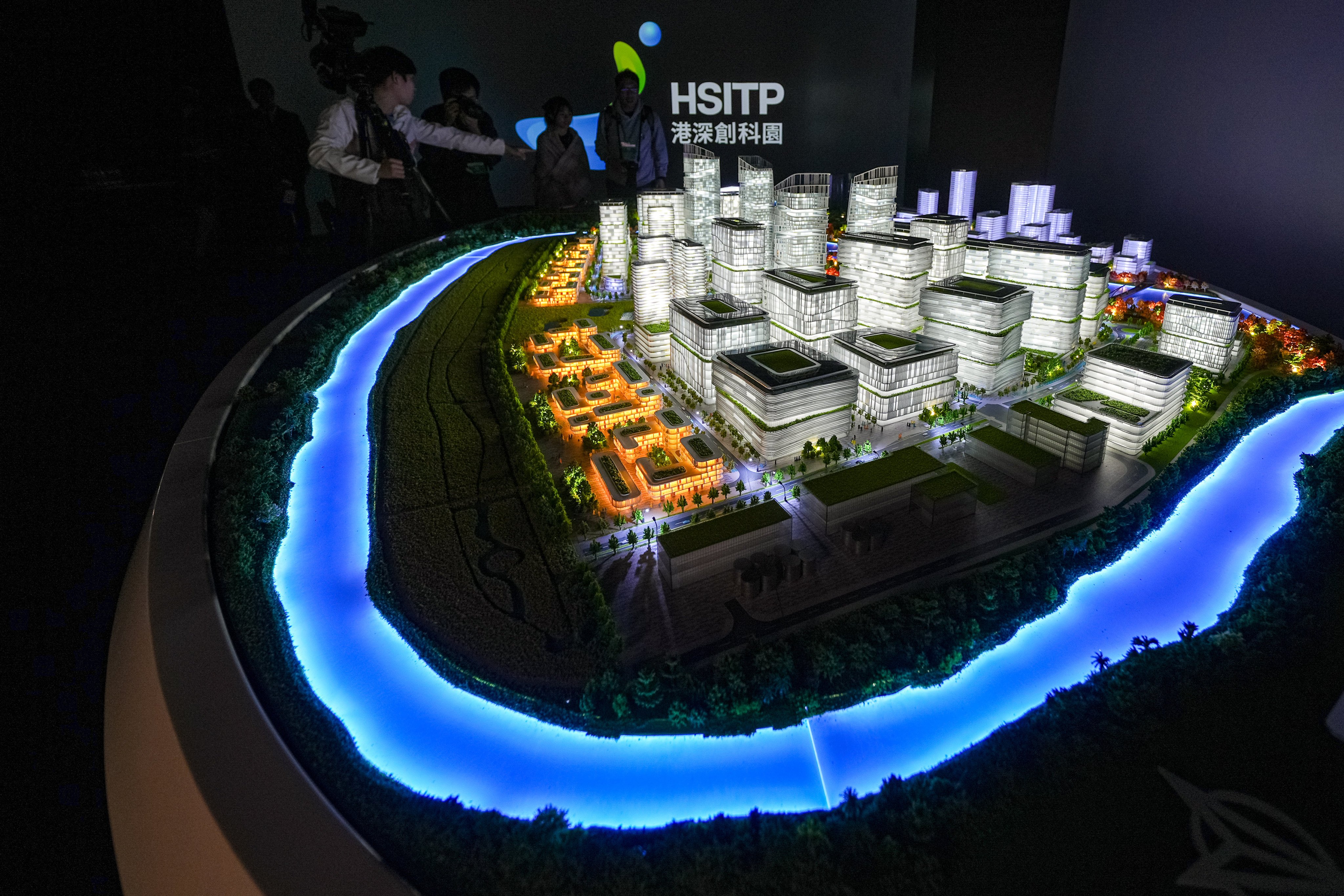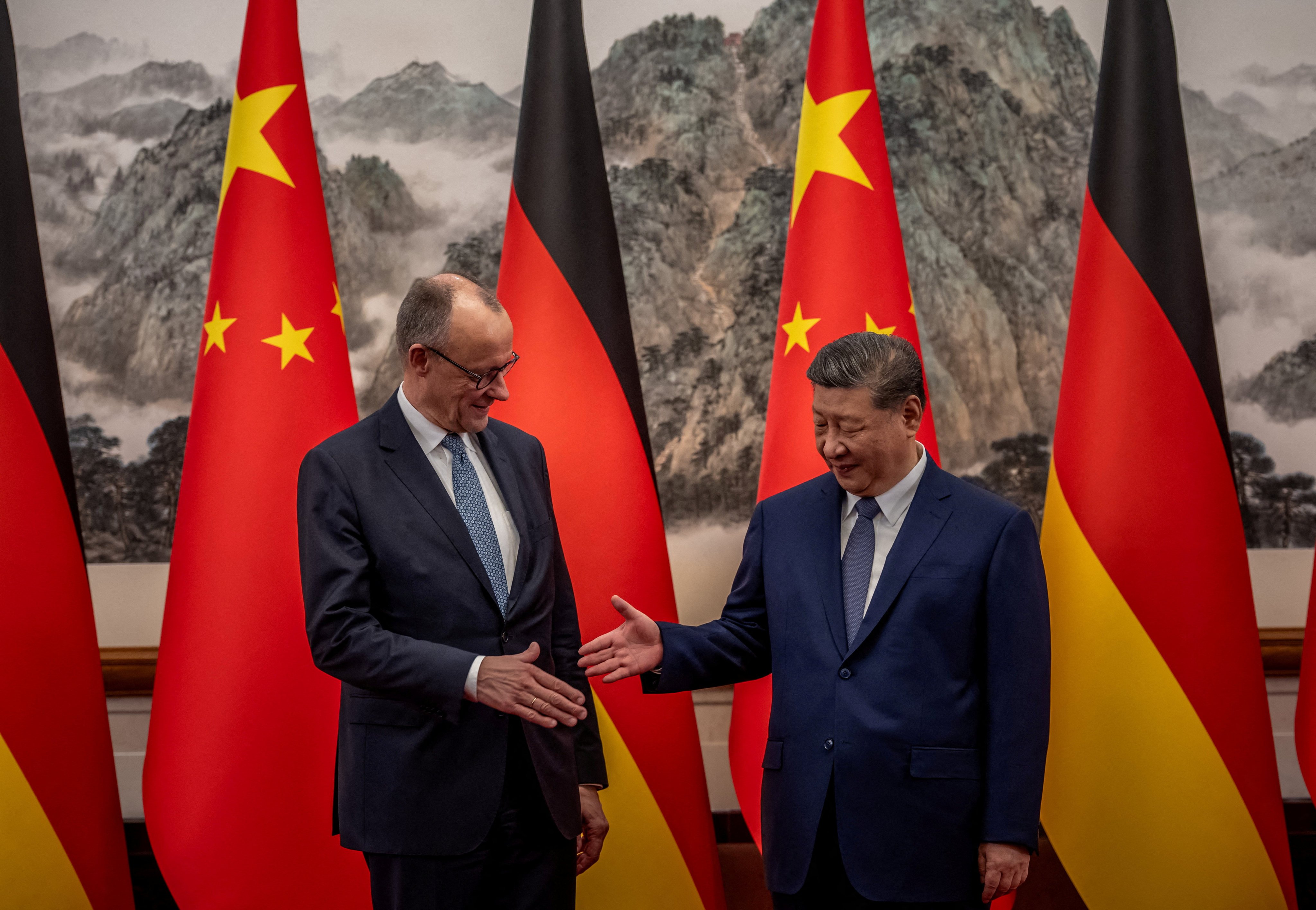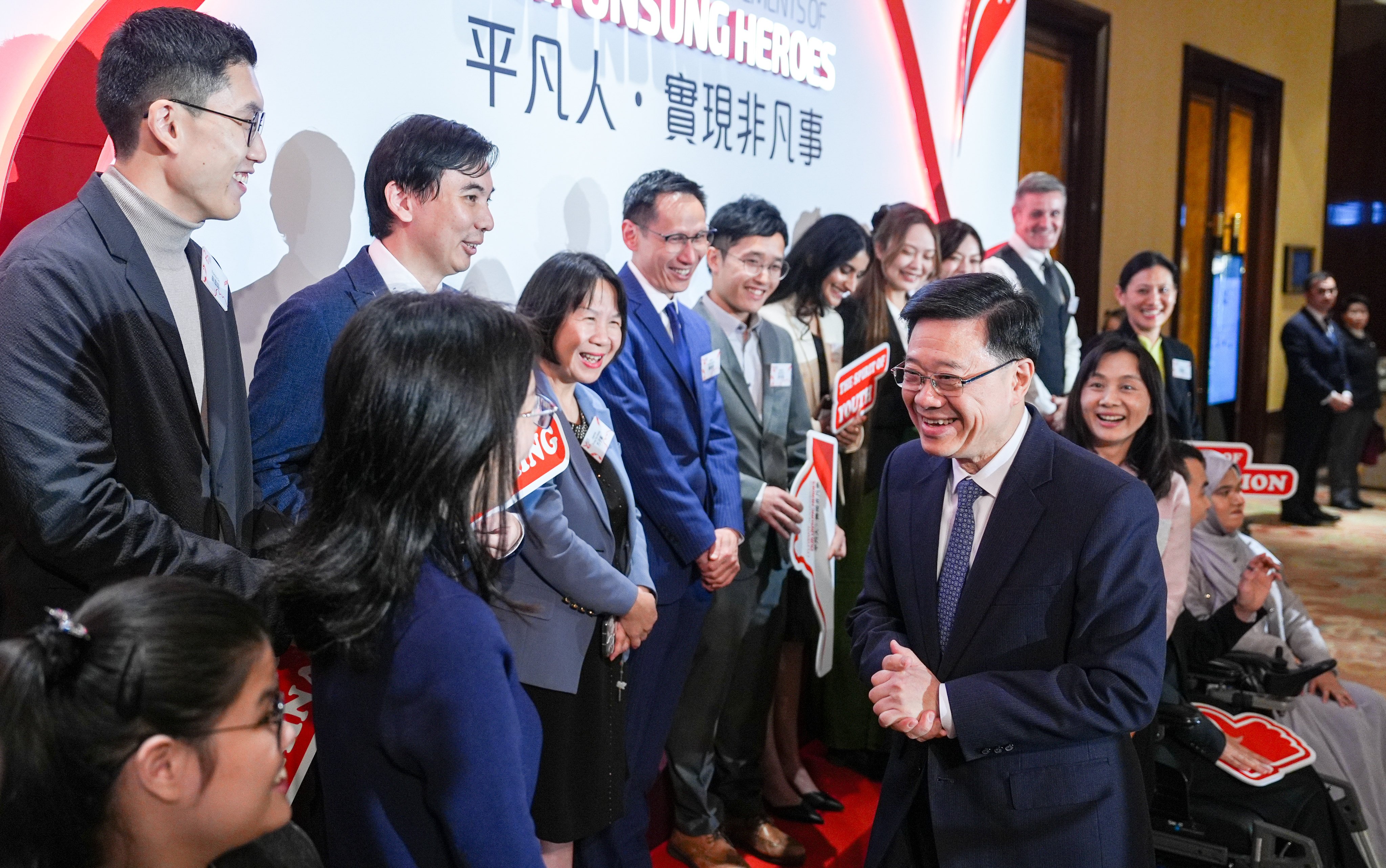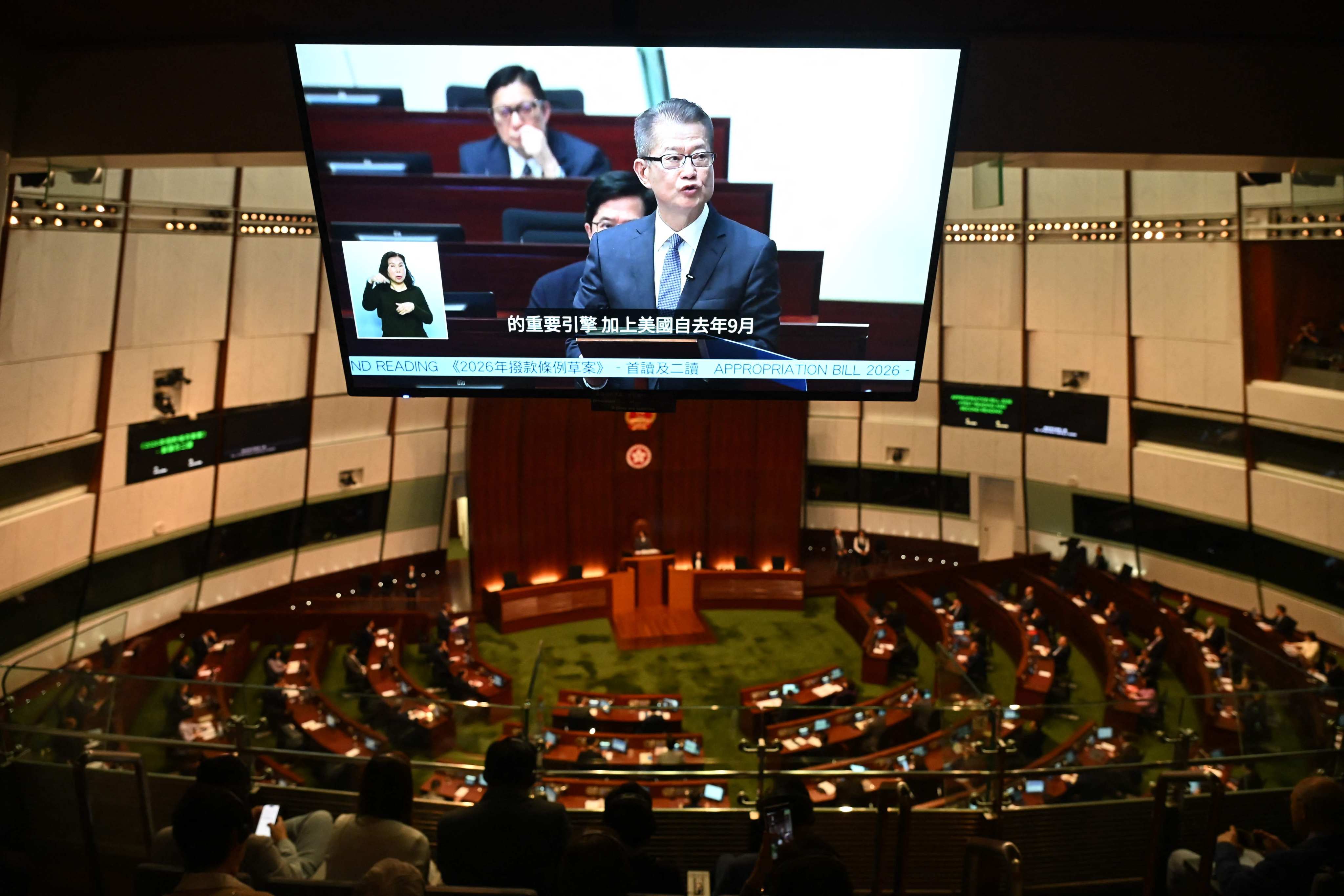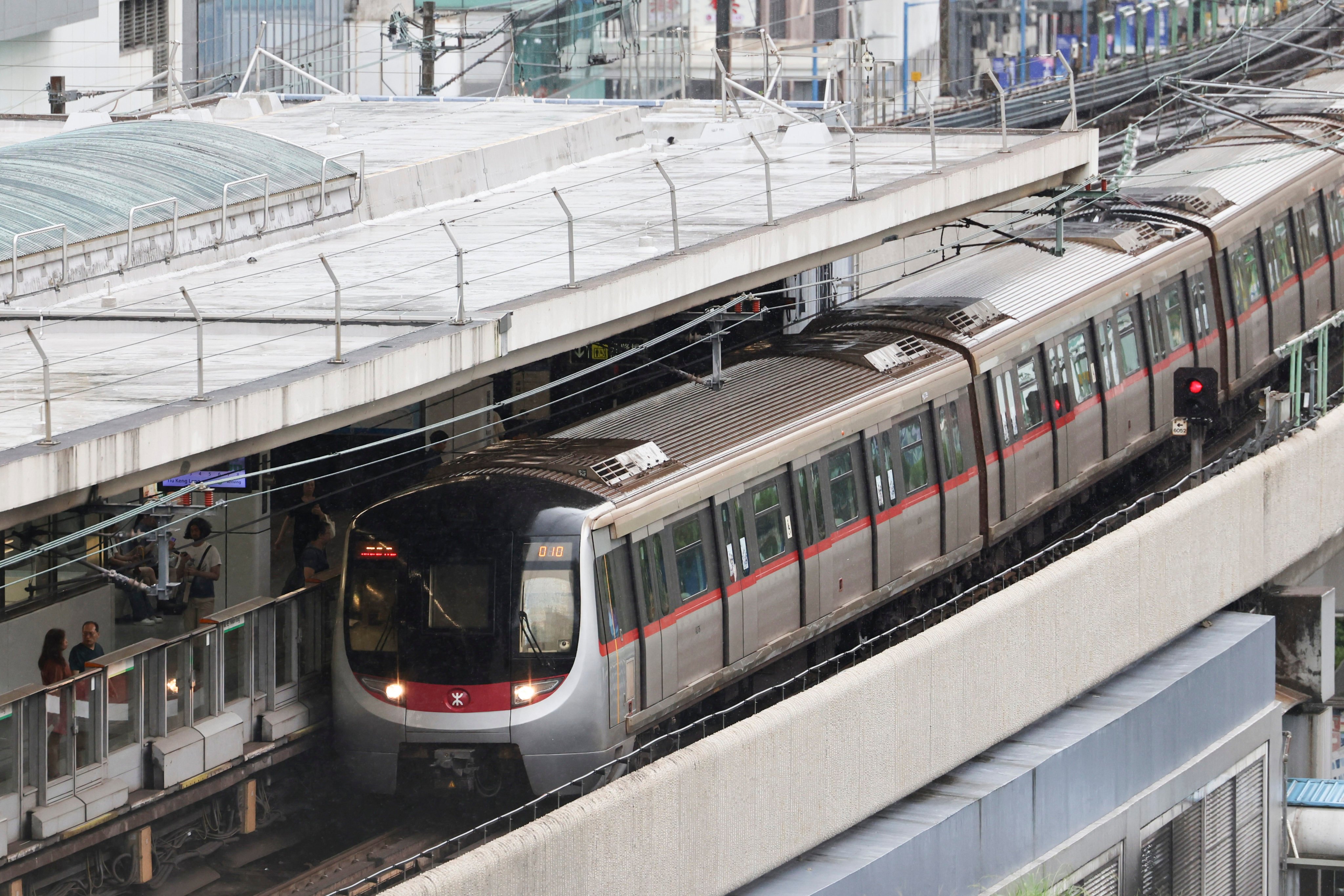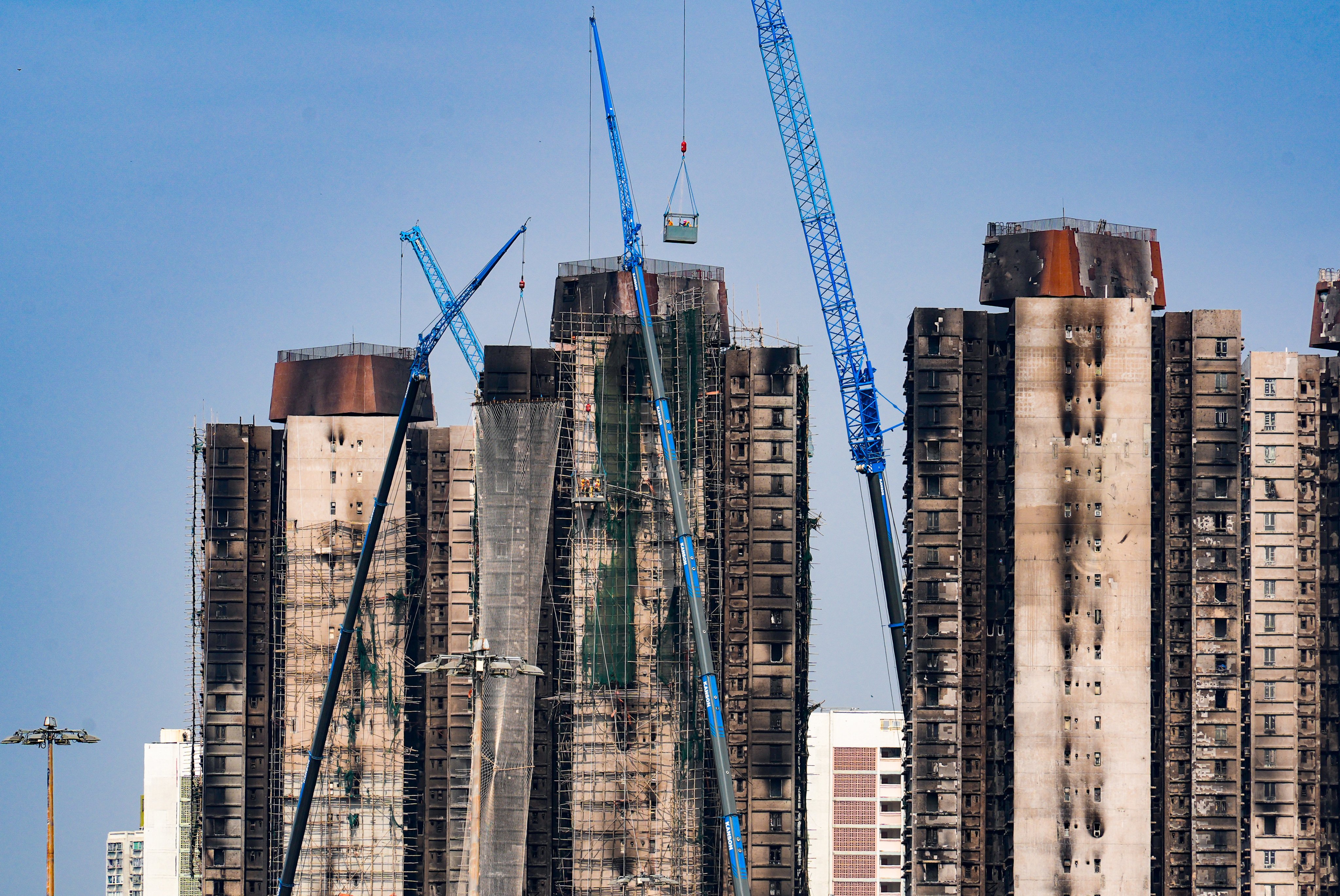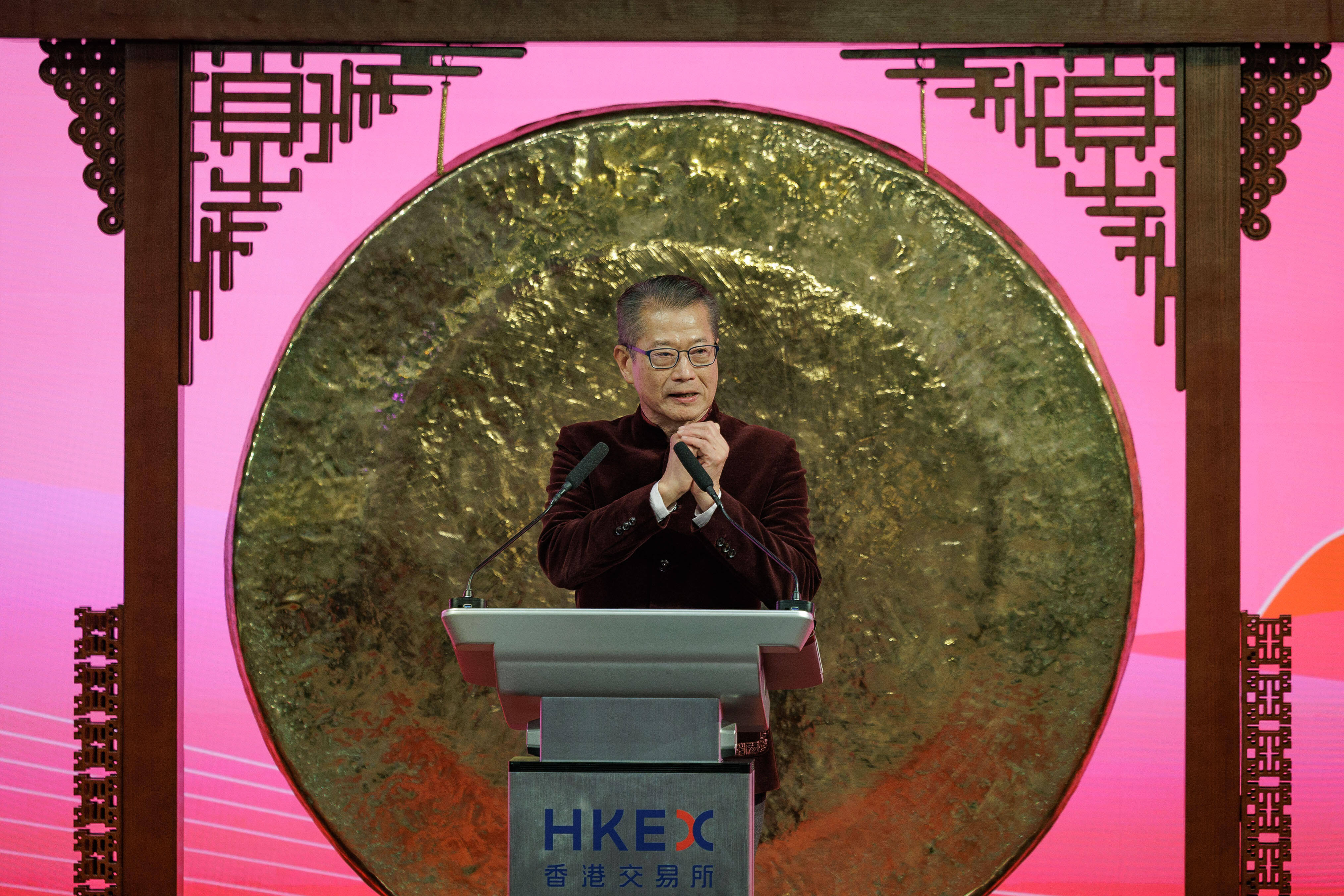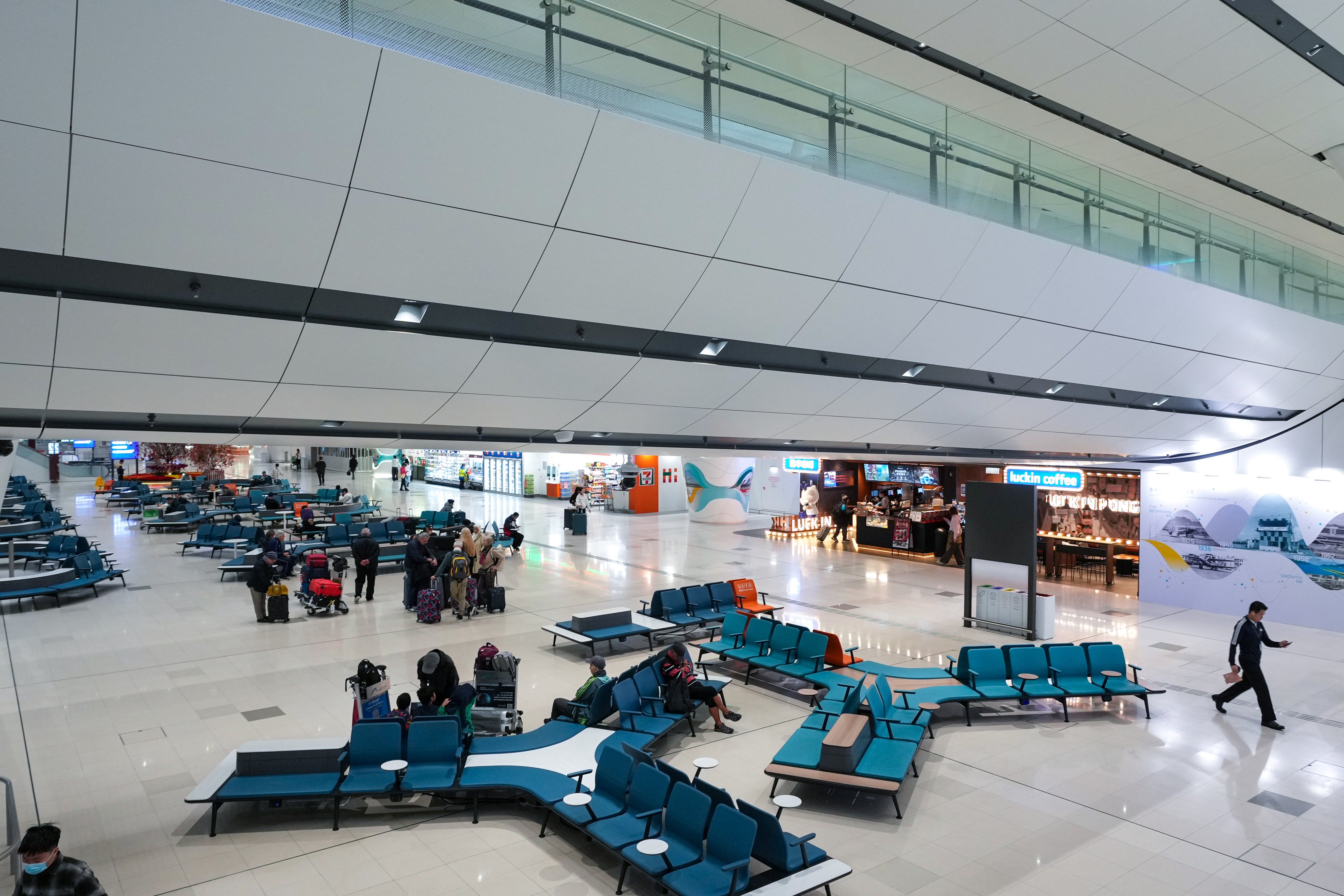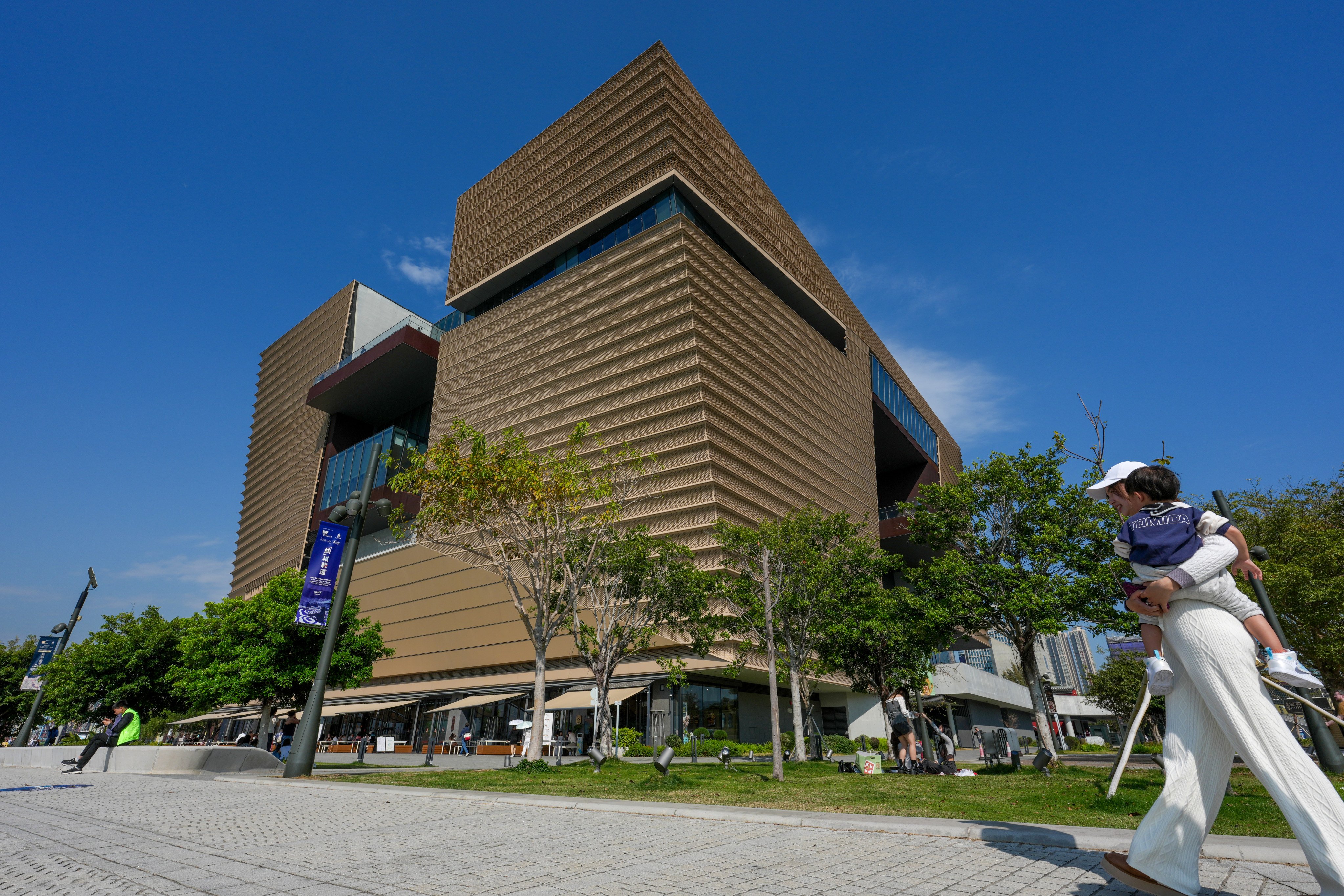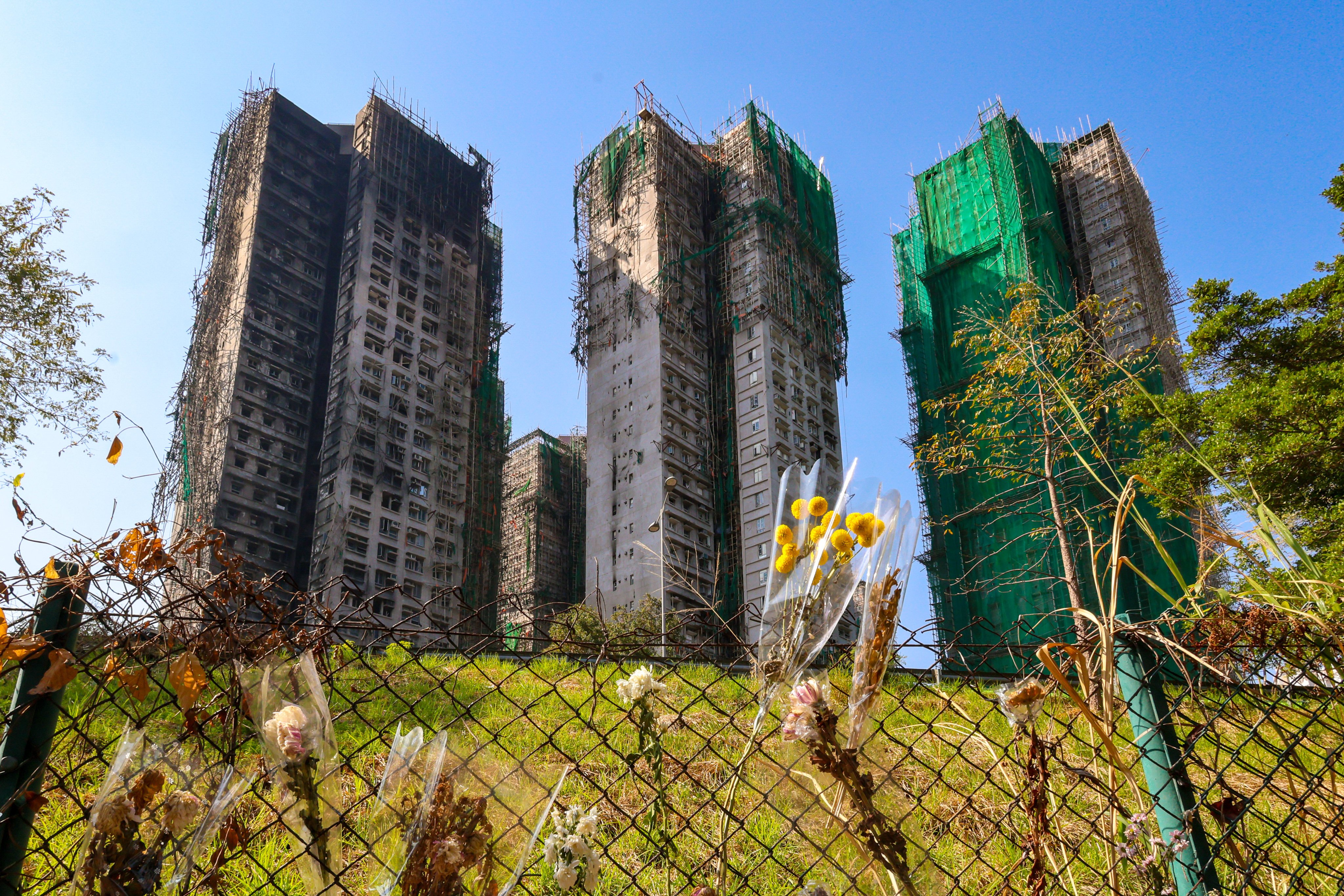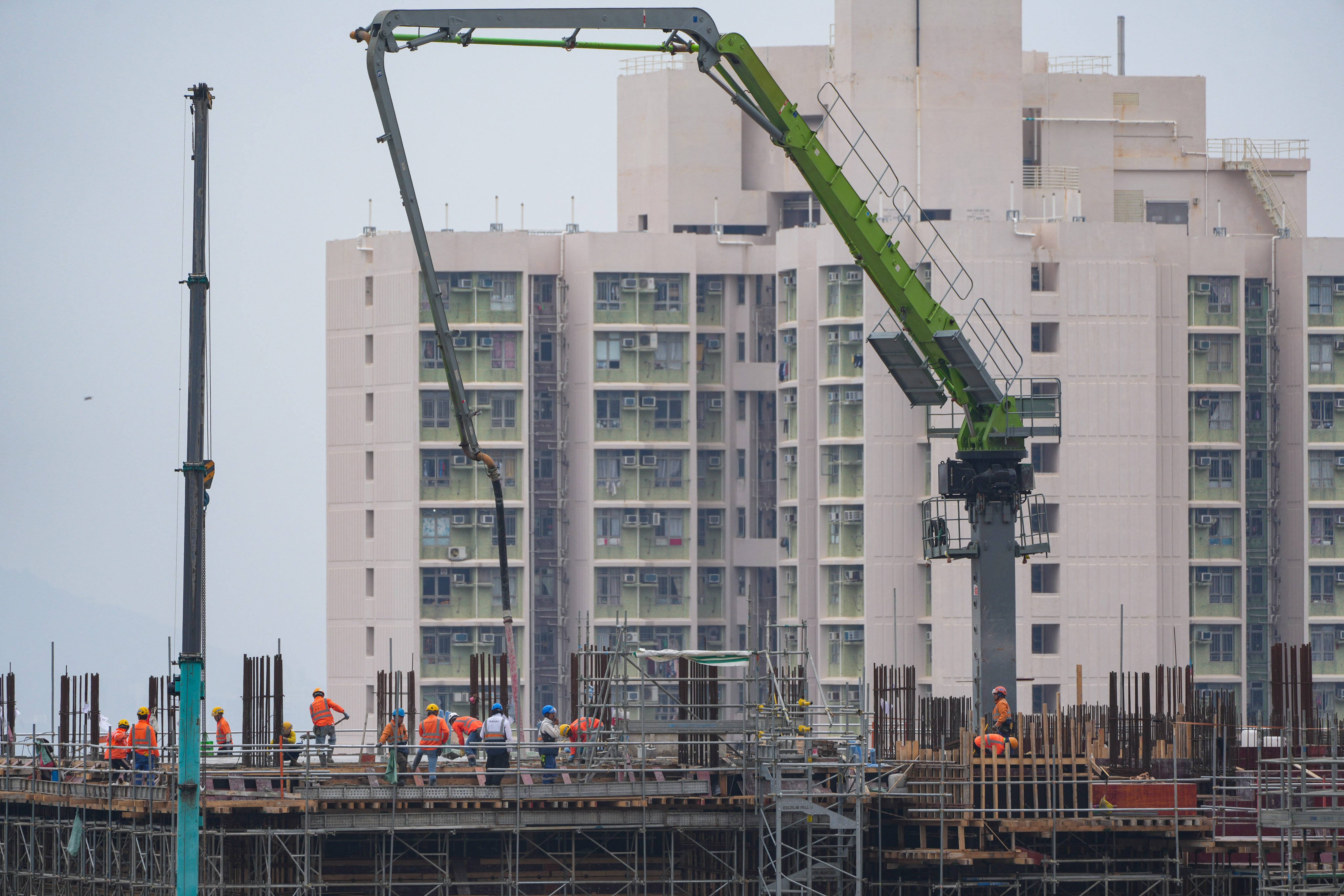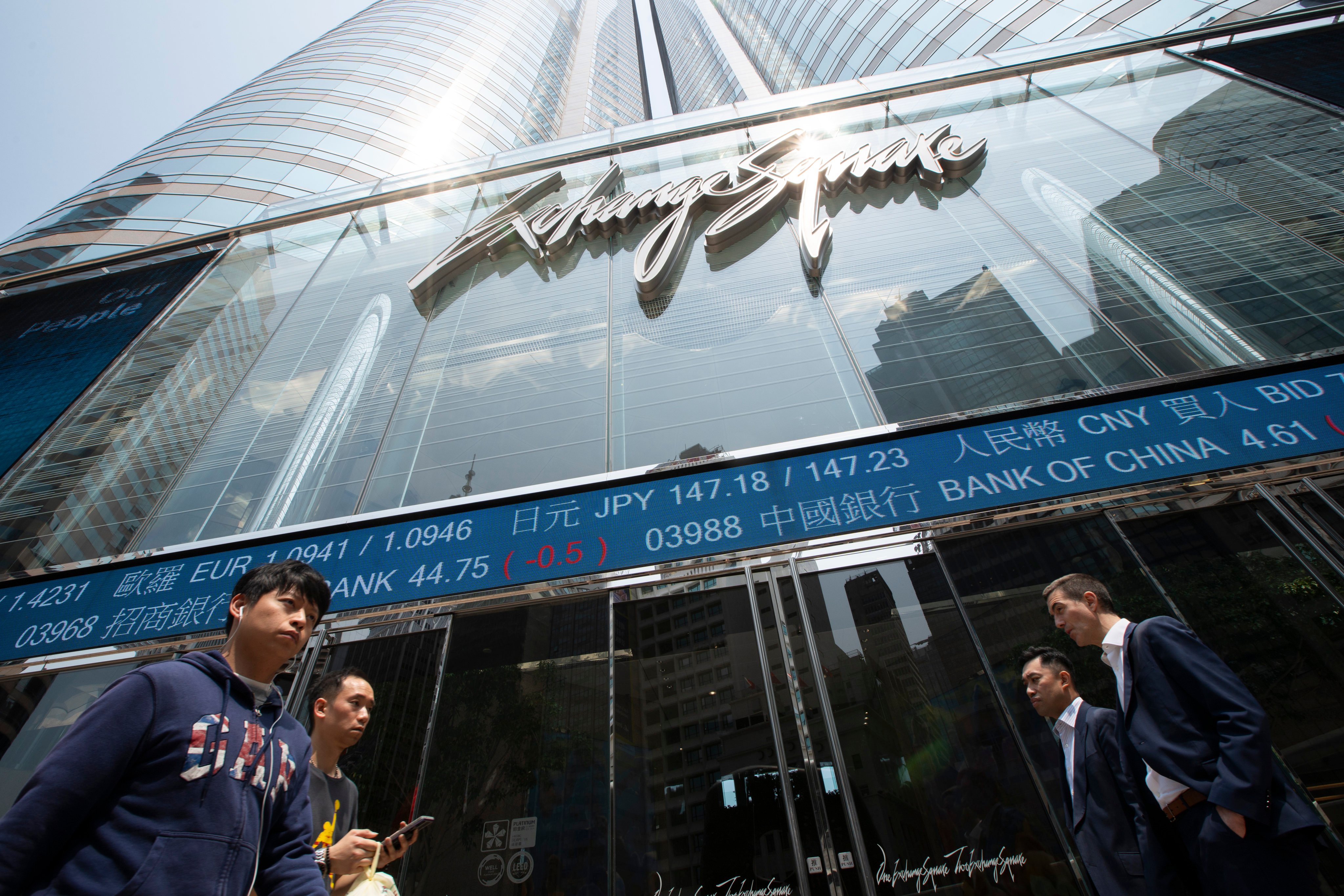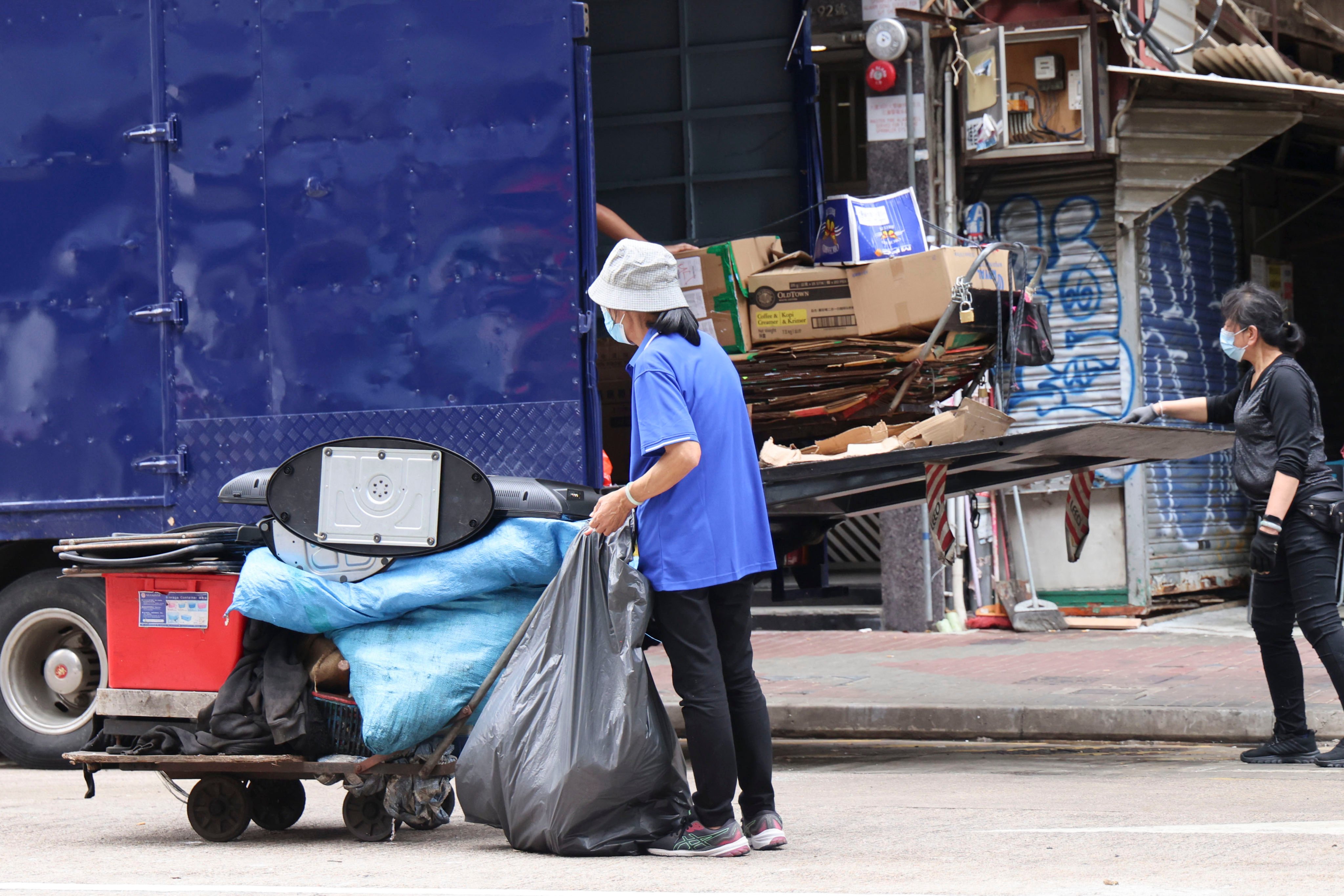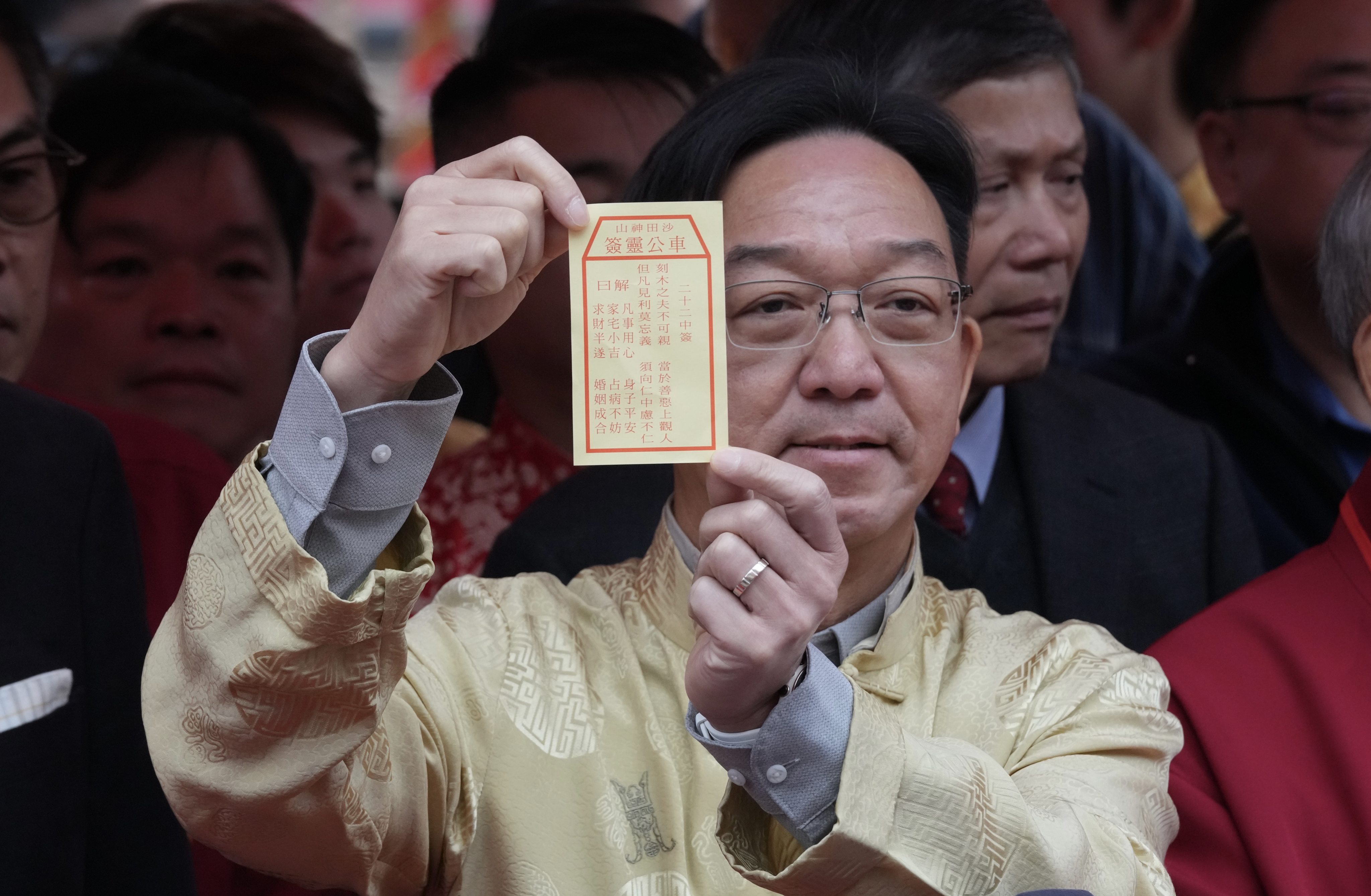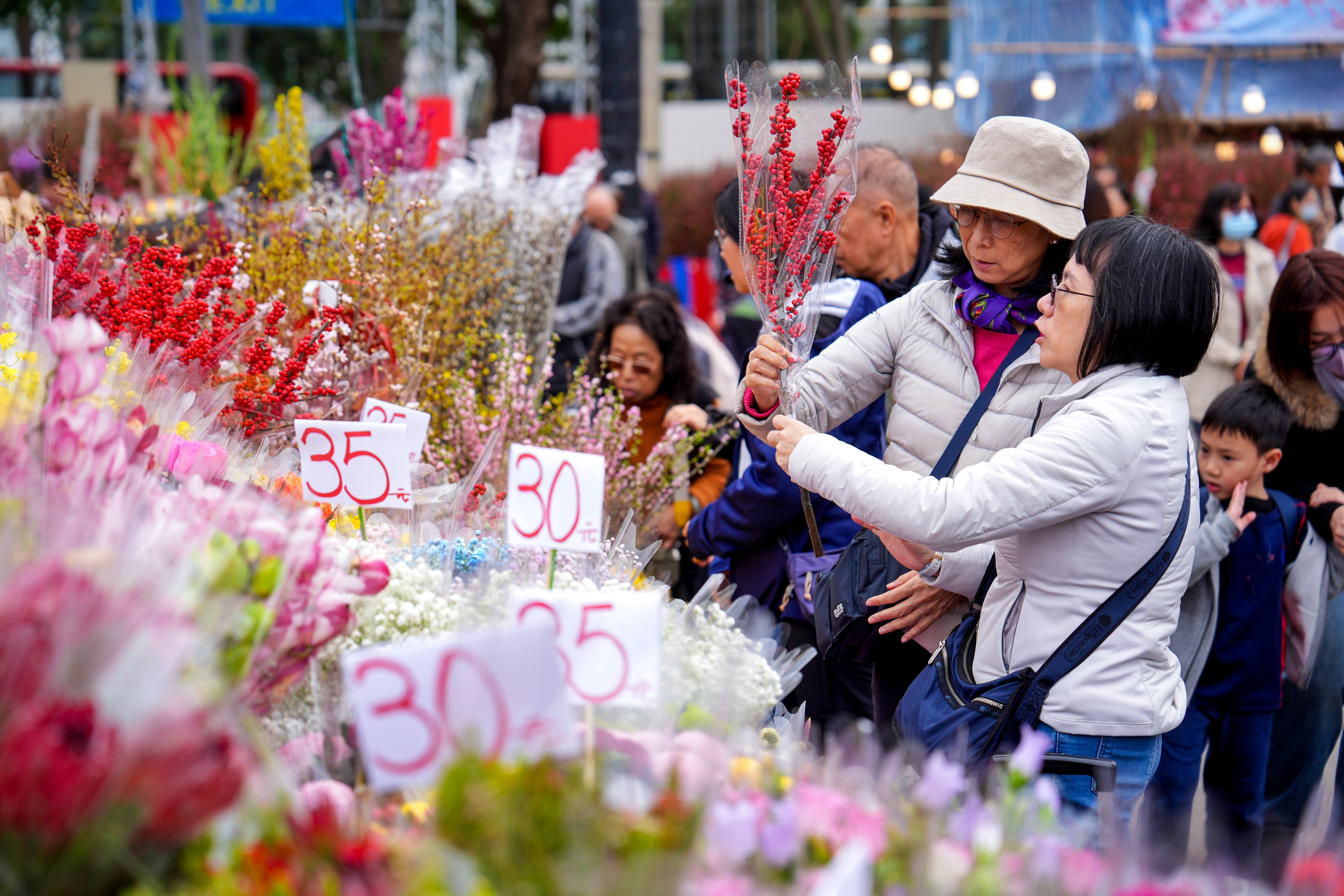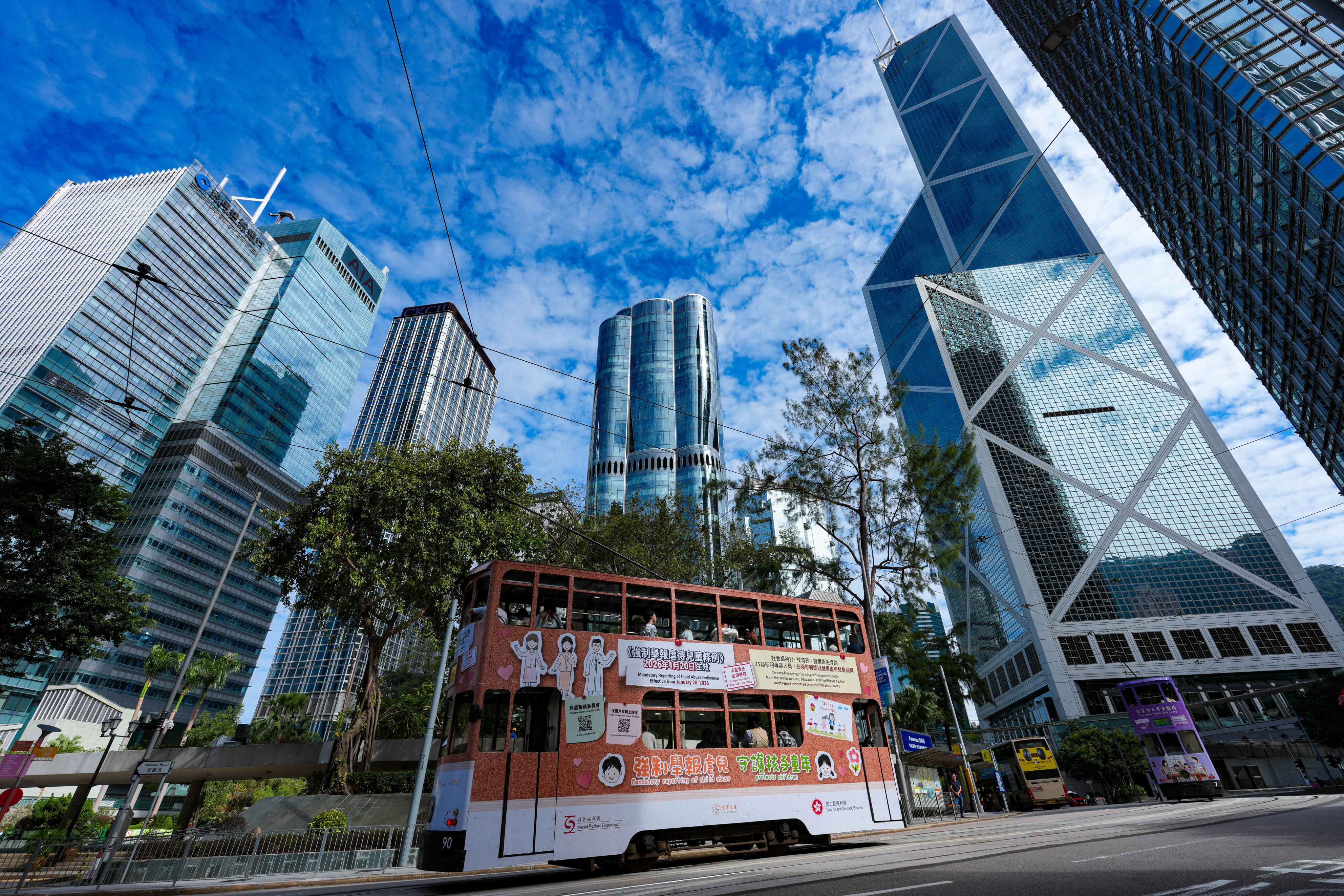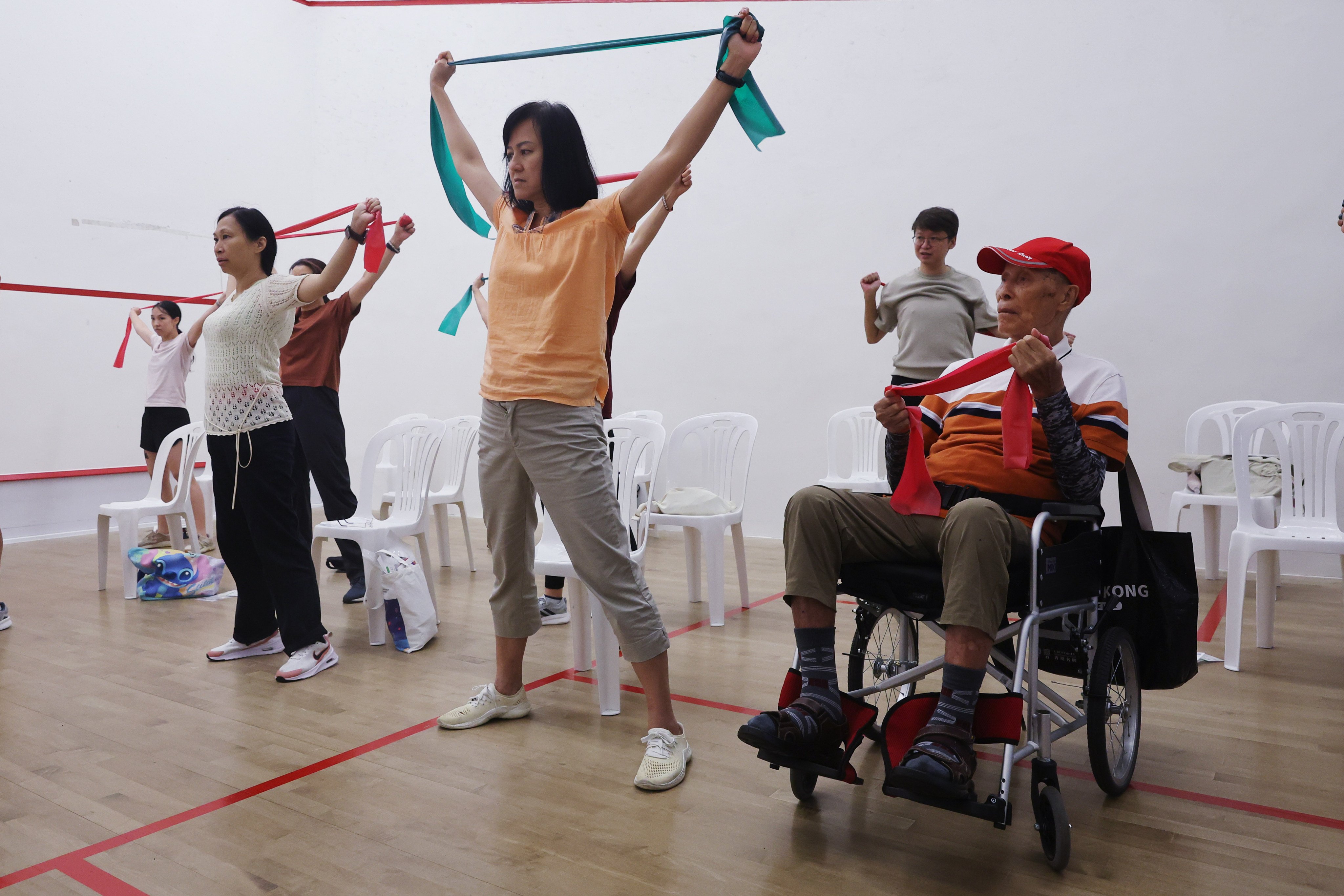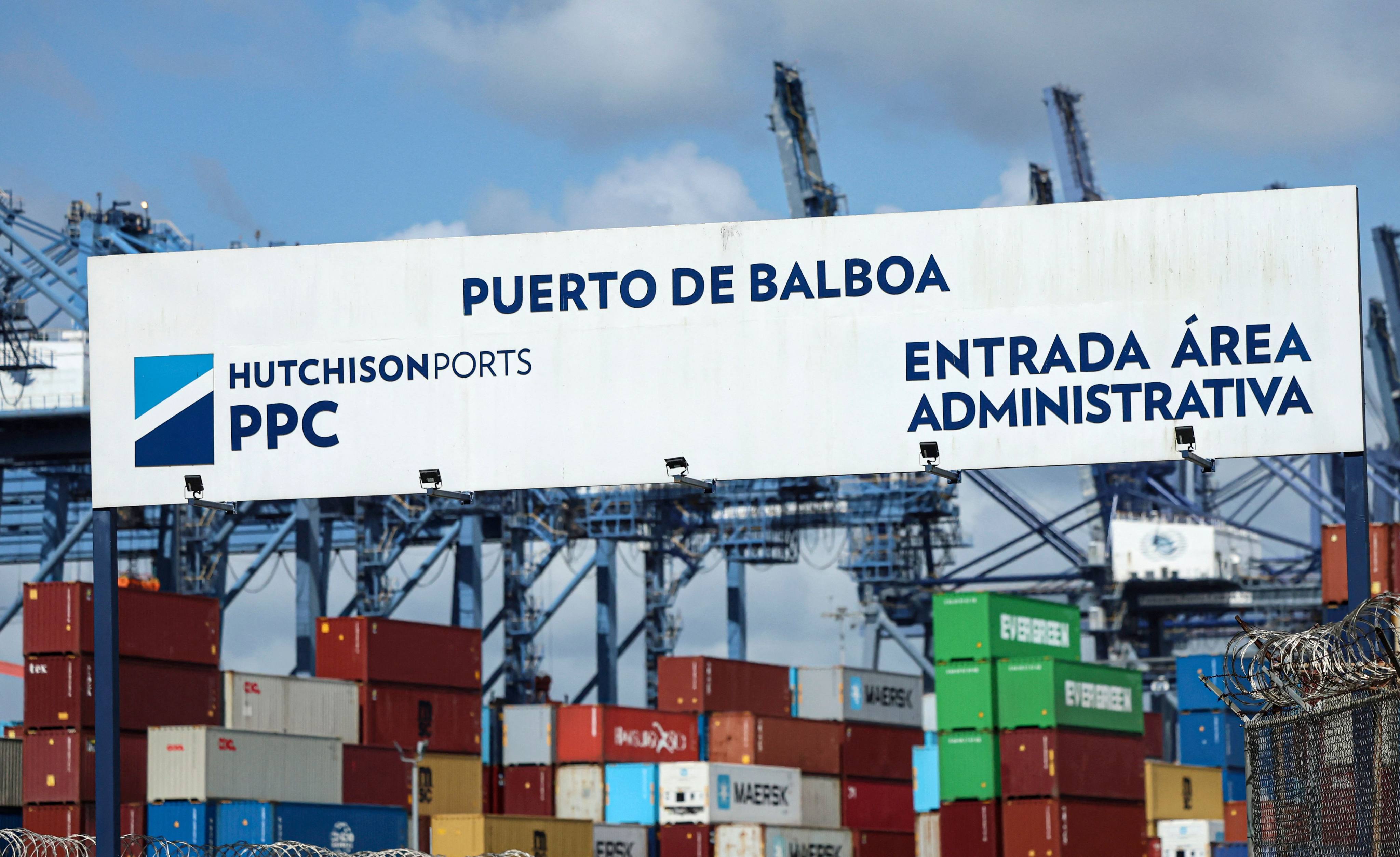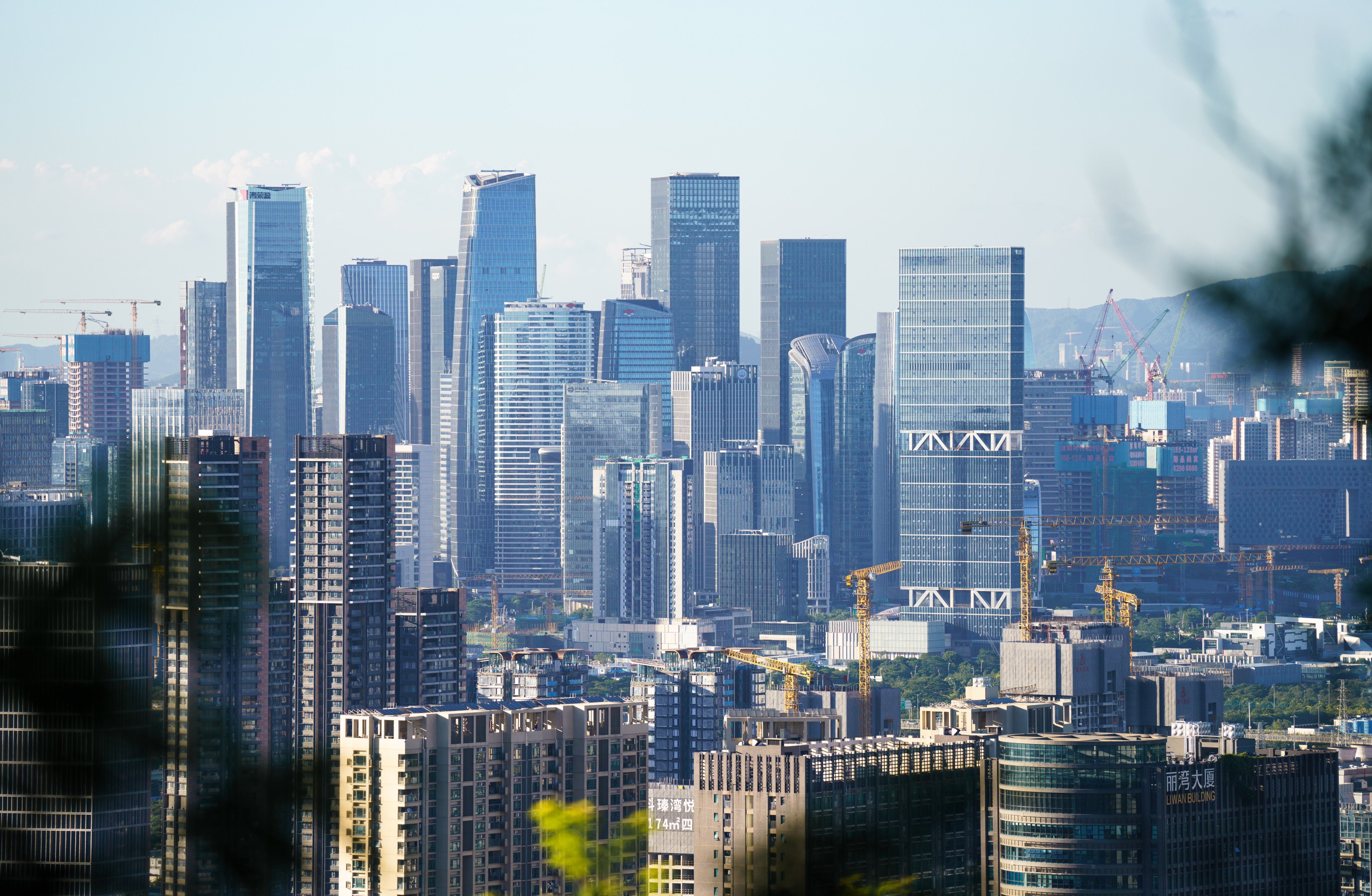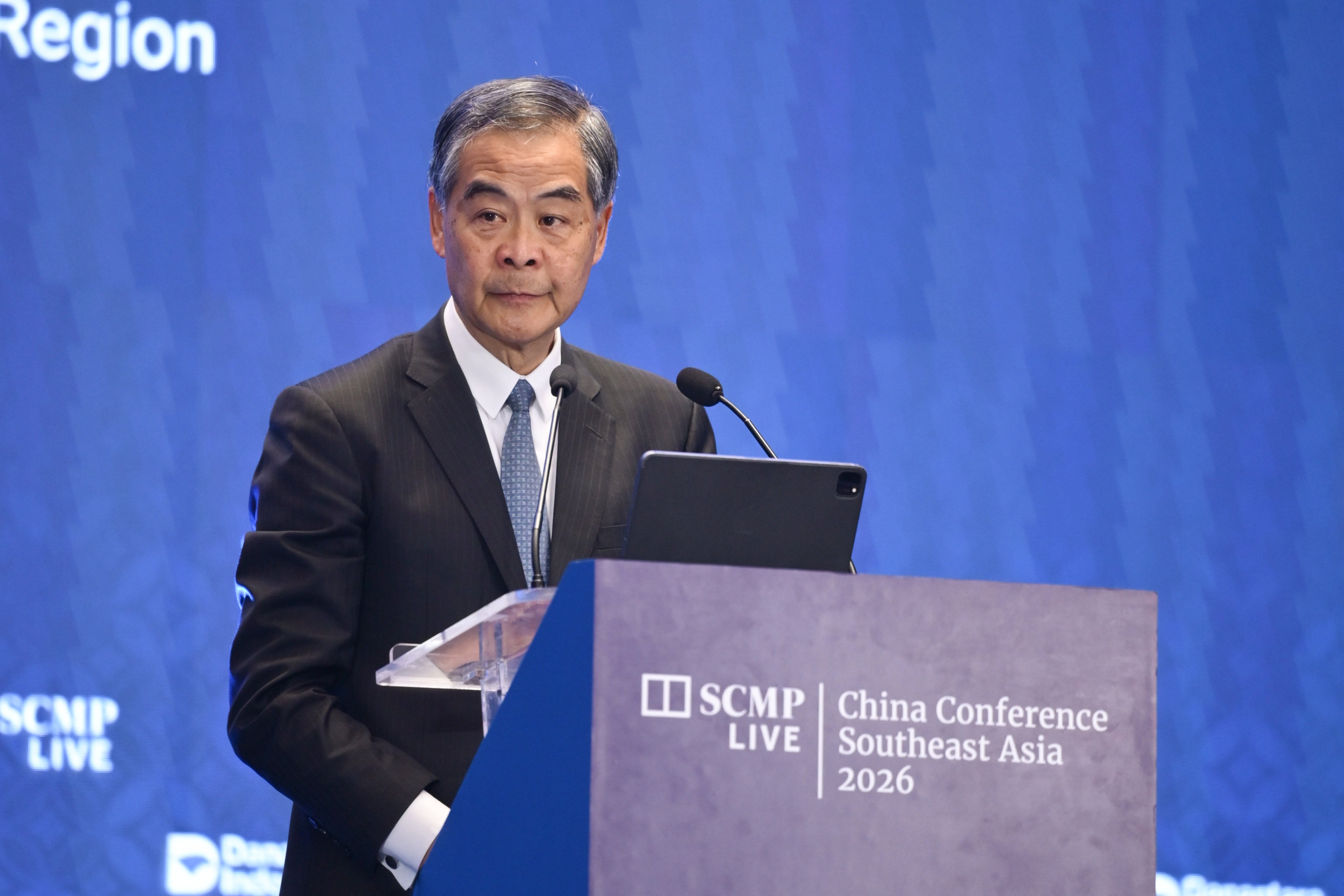US Supreme Court reversal of Trump’s tariffs leaves China with lower tariffs and US deals with allies in doubt.
The decision to end tax breaks for private electric cars is part of the necessary transition from incentives to market-driven growth.
A landmark study shows how childhood trauma could shape parenting styles. A mindset change is needed to protect children from harm.
After incidents of overcrowding at beach campsites during recent holidays, it is encouraging that the authorities are considering a booking system and fees.
While the government’s proposal to dip into the Exchange Fund is unusual, new economic and geopolitical circumstances call for fresh thinking.
To prevent the war from dragging on for a fifth year, earlier proposals such as one floated by China and Brazil should be reconsidered.
Stable bilateral and China-EU relations can only be positive for global stability and sustainable development in an era of turbulence.
In addition to the inspiring winners in 10 categories, the awards this year honoured the city’s firefighters.
The city’s improving economy and public finances have enabled a raft of tax allowances and concessions, but a volatile global environment means sustaining fiscal discipline remains critical.
The latest rule book is expected to improve speed and efficiency in the execution of railway projects, reducing construction times and costs.
Amid the excitement over the humanoid performers at the Spring Festival Gala, it must be remembered that robotic advances should complement human welfare.
Generous pricing and a flat-exchange pledge make this settlement package a swift and practical solution for affected households.
Team China’s medal haul from the Milano Cortina games bodes well for the future of winter sports in the country.
Modest growth and easing deficits enable a more focused approach to addressing the broad range of pressing issues facing the people of Hong Kong.
The expansion of the city’s airport is poised to reap dividends for passengers, aviation business partners and the regional economy.
While loans and bonds are a short-term fix, the West Kowloon Cultural District Authority needs sound strategies to ensure sustainable cash flow.
The death of a social worker has focused attention on the heavy workload of Social Welfare Department staff in the aftermath of the disaster.
Imposing a predetermined fine for smoking on construction sites should improve safety and ensure greater compliance.
The ‘fantastic’ atmosphere at the ‘Year of the Horse’ race meeting captured the spirit of an agile city undergoing a sound recovery.
To protect the city’s long-term financial health, investment banks must ensure that only quality applicants become publicly listed.
As the economic pie grows, money-making companies can afford to do more so employees who are struggling get their fair share of return.
Another neutral prophecy puts the onus on the city to proceed with prudence and act to bring about its own good fortune.
Amid the latest spate of illnesses, the city needs to adopt proactive and transparent strategies to ensure that customers can dine safely.
As the city marks the Lunar New Year, it can rest assured that the economy seems to be in good shape and the focus is on opportunities ahead.
Scams might be down in Hong Kong but they still comprise nearly half of all crimes. Vigilance and community support are vital.
Landmark deals in Central show foreign financial institutions see potential in the city’s and China’s economy.
Beating Hong Kong’s notorious booking touts is necessary to improve access and ensure a thriving sports culture develops.
Revoking CK Hutchison’s rights to run two canal ports is a decision that not only affects Hong Kong – it strikes at the heart of international commerce.
The Qianhai authorities’ action plan will enable start-ups to tap opportunities in both Hong Kong and mainland China more easily.
The SCMP’s China Conference: Southeast Asia highlighted the synergies between the world’s second-largest and Asean’s biggest economies.

